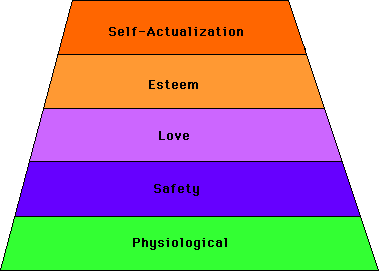The Selling of PNM has begunófor real
 Saturday, April 24, 2004 at 4:56PM
Saturday, April 24, 2004 at 4:56PM Dateline: above the garage in Portsmouth RI, 24 April
Getting emails from people around the country who say theyíve bought the book in a store and have begun reading it, which is exciting. Seems Putnamís ìembargoî date of 27 April either wasnít that strict or stores just want to get it out. War College prof just back from Atlanta said he saw it all over the airport down there.
Feeling pretty good: generated all the material I wanted to generate about the book for the site (directorís commentary by chapter, bibliographies by chapter and total one for book in alphabetical listing, 27 deleted scenes with commentary, reviews with commentary, glossary, errata page, etc.). Add it all up and itís tens of thousands of words that either bring delight or pain to the interested reader.
Feel like Iíve gotten the blogging concept down reasonably well. Got my new suits. Got my haircut on Friday. Got my plane/train tickets and hotels set up by Putnam for the 10-day tour.
And then the media tour agenda arrived from Putnam yesterday, and I must admit it is a bit intimidating.
Today started easy: Got up, coached son Kevin in YMCA baseball game (we rocked) along the shore of Narragansett Bay (awesome view), then painted faces at kidsí Catholic grade school annual spring fund raiser for 6 hours, breaking (in full face paint as ìred salamanderî) for 30 minutes to do on-phone live radio interview with NJ station with big Indian following both in US and in India (via web simulcast) in principalís office. Decent interview. I love talking about Indiaís growing importance in the world, and frankly, most Indians love hearing it.
So Day 1 not exactly a killer scheduleóexcept for painting about 25 kids faces in full animal masks (I mean goodólike at Disney World ìgoodî).
Sunday I rest up, clean the house, teach youngest son a thing or two about riding on training wheels, and then the fun really beginsÖ
Here are some of the possible highlights (all subject to change with almost no notice to me):
Monday, 26 April: Hannity & Colmes show on Fox at 9pm. (Cancelled)
Tuesday, 27 April: Fox News Live (10am hour), Laura Ingraham (11am hour), Paula Zahn on CNN (8pm hour), Headline News CNN (9pm hour), and Dennis Miller CNBC (late night).
Wednesday, 28 April: Diane Rehm on NPR at 11am hour, and Jim Bohannon on Westwood One Radio at 10pm live.
Friday, 30 April will be national radio satellite tour, when I ìvisitî Atlanta, Dallas, Philly, Grand Rapids, Hartford, California, Washington DC and St. Louis in an early morning span of about 4 hours. I will be bending the space-time continuum to accomplish this, so expect waves.
Saturday, 1 May, itís Tony Snow on Fox at 12 noon.
Monday, 3 May, itís the David Brudnoy Show on WBZ-AM in Boston at 9pm.
Tuesday, 4 May I do an evening at CUNY at 7pm in Manhattan (interview on stage, Q&A from audience, and sign books). People will actually pay for this.
Those are the main upcoming highlightsóall subject to cancellation at a momentís notice. I expert more than a few things will be added on the fly.
I am excited but a bit scared by all this engineered tumult. I know I set it all in motion but . . .
I can tell I will need a good stiff drink before falling asleep tonight. The train has definitely left the station and life is about to become very interesting. I hope I donít screw anything up. Will just have to trust my instincts and go with the flow.











